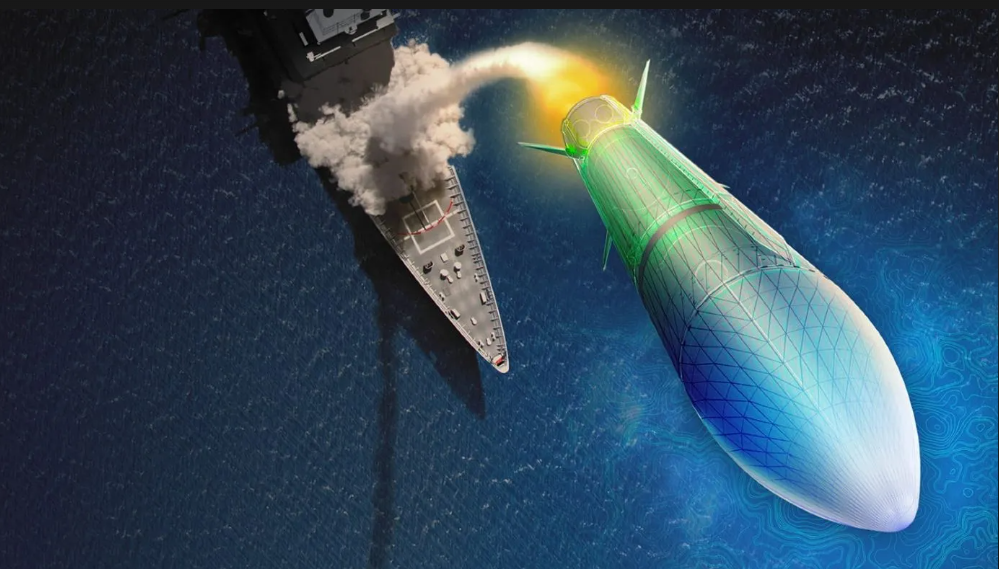Japan, US to Develop Hypersonic Missile Interceptors by 2030s
Japan and the US recently decided to work together to make interceptors that can shoot down hypersonic missiles. A contract worth more than $3 billion was signed between the two countries to make this deal official. The idea came from a meeting in August at Camp David, where South Korea was also present.
Hypersonic Missile Threat
Hypersonic weapons technology has come a long way in areas close to Japan, which is why this development is so important. Today’s missile defence systems have a hard time keeping up with hypersonic weapons, which can fly at speeds over five times the speed of sound and have unpredictable flight paths.
More About Japan-United States military collaboration
- Treaty of Mutual Cooperation and Security (1960): This deal makes the area safer and is the basis for military cooperation between the US and Japan.
- Limits After World War II: Japan’s pacifist constitution, which was made after the war, at first limited its armed power.
- Self-Defense Forces (SDF): Japan’s Self-Defense Forces have been around since 1954 and work closely with U.S. troops, even though the constitution doesn’t allow it.
- Collaboration Has Grown: Because of dangers from China and North Korea, there is more cooperation now.
- Revised Defence Guidelines (2015): These rules let Japan be more involved in maintaining world peace, which makes the partnership even stronger.
- Key Installations: Okinawa is home to several large U.S. military bases that are important for the security of the surrounding area.
- Joint Drills: Exercises like Keen Sword show that Japanese and U.S. troops can work together very well.
- Sharing of Technology: As part of the partnership, advanced technologies are being shared, such as missile defence systems and the creation of next-generation stealth planes.
More About Japan’s defence budget and policies
Japan’s defence budget for fiscal year 2023 is a record-breaking ¥6.8 trillion, which is a 20% rise from the previous year. This is because Japan is taking a more assertive stance on defence. Japan has been limited in the past by a pacifist constitution that was made after World War II. However, recent strategy reviews have led to policies that emphasized improving missile defence and cyber warfare capabilities. Japan is building up a counterstrike potential, which is a big change caused by North Korea and China’s threats in the area. Additionally, the government wants to double the amount it spends on defence, reaching 2% of GDP by 2027. To do this, it plans to use more cutting-edge technologies in defence, such as drones and AI.
Month: Current Affairs - May, 2024
Category: Defence Current Affairs • International / World Current Affairs








